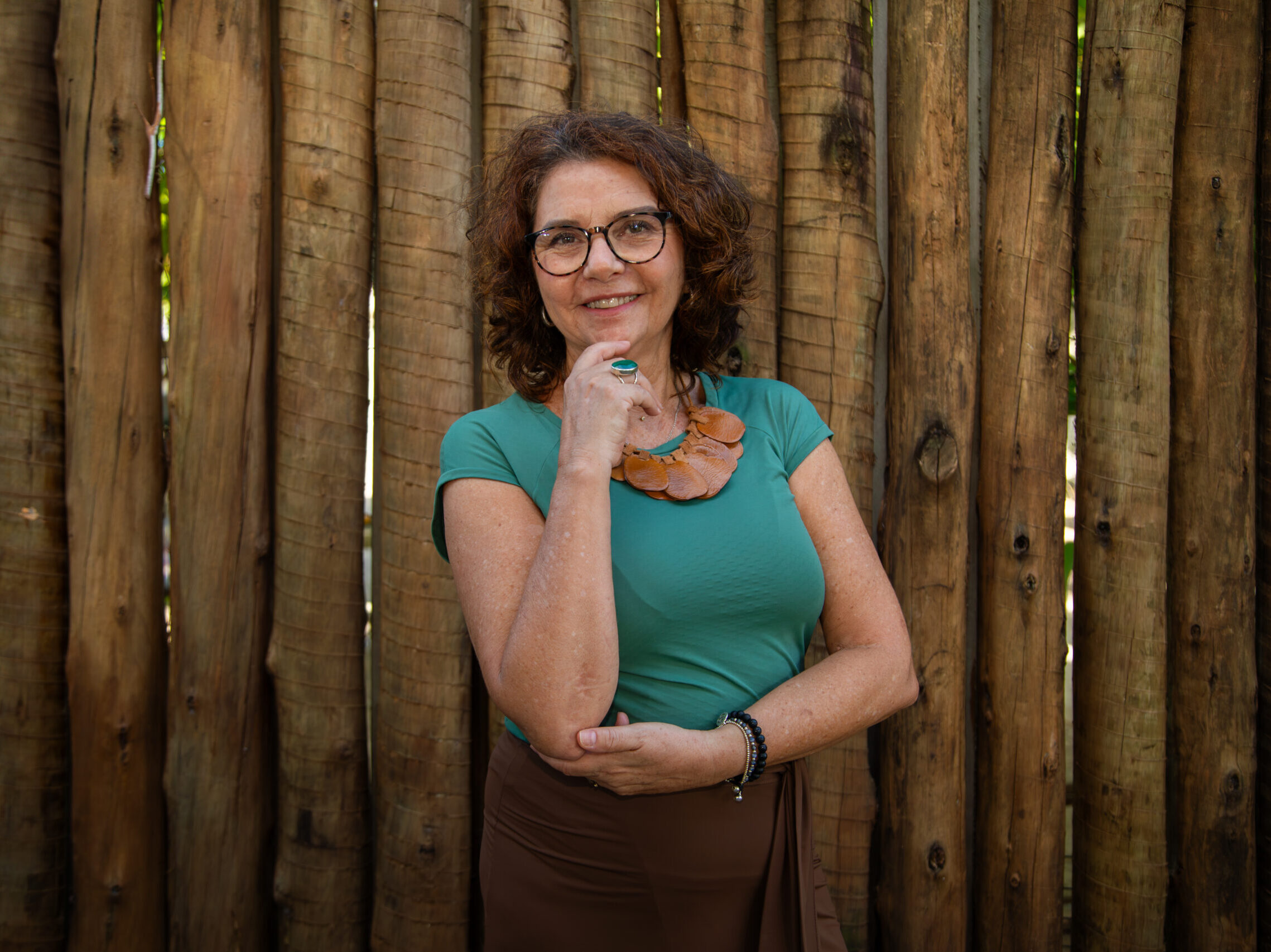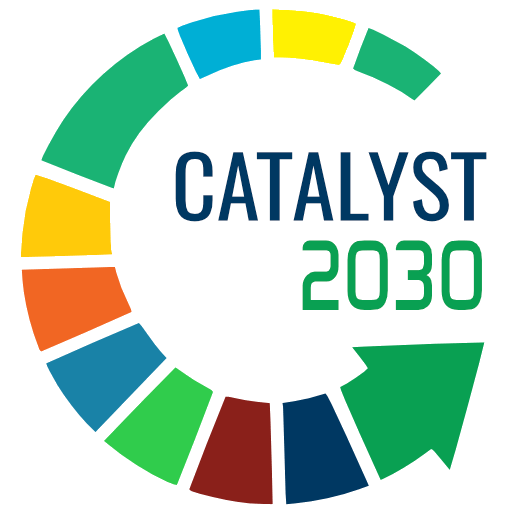
In a fast-paced world that tends to standardize everything, talking about regenerating culture is more necessary than ever. But what does that mean in practice? Culture is much more than parties, art, or tradition. It is the way a people lives, feels, expresses itself, tells its stories, and builds its path of belonging and synergy with its surroundings. It is resistance. It is the living memory of who we are—our roots, our way of seeing the world. And precisely because of this, it transforms over time, but carries within it the essence that keeps us connected to our origins.
When culture is lost, we lose more than customs
The homogenization of habits, tastes, and references is gradually erasing many unique cultural expressions. When this happens, we don’t just lose practices or symbols—we lose meanings, affections, identities. It’s as if we are gradually being disconnected from what makes us truly unique.
In this scenario, regenerating culture is an act of resistance. It means valuing what is ours, what comes from the territory, from communities, from stories passed down from generation to generation. It is rejecting the idea that everything must follow the same pattern in order to have value. Furthermore, it is also a way of regenerating the spirit and dignity of a people.
Culture as a basis for sustainable development
At Raízes Desenvolvimento Sustentável, we believe that culture is the foundation for any process that aims to be truly transformative. It is culture that gives meaning to actions, strengthens bonds, awakens leadership, and values local knowledge.
That is why, in our projects, we start by listening to and recognizing cultural identities, memories, and the genuine values of the territories. We work to strengthen practices, rituals, ways of doing things, and stories that are a living expression of places and people. More than preserving, we seek to empower: to give visibility, create opportunities and solutions co-created with communities, and ensure that this knowledge remains alive and vibrant. More than that, we want it to build legacies.
One example is the Community Social Entrepreneurship Projects (Vale Foundation) carried out in Itabira in the districts of Senhora do Carmo and Ipoema, where collectives of weavers and embroiderers brought their origins and pride to the forefront of their activities: tropeirismo and historical and natural heritage.
Another example is the Almenara Fashion Project (Sebrae Minas), a path where original fashion based on the traditions of the municipality and its master craftsmen is the key to the creative process that shines through the Almenara Têxtil brand.
Regenerate and care: A call to all of us!
Regenerating means allowing culture to remain alive, adapt, and flourish in new ways—without losing its essence. It means embracing the natural transformations of life, without giving up what connects us to our past and our identity. It is looking at life as a whole in a systemic and interdependent way, integrating people, nature, senses, knowledge, and new technologies.
It means looking ahead, honoring what builds us up without letting ourselves be swayed by dominant standards.
Regenerating culture is not just the task of those involved in sociocultural projects. It is a call to all people who believe in a more just, diverse, and meaningful world that evolves without losing its essence.
It is an opportunity and a daily choice: to value what is local, to listen to and safeguard stories and memories, to respect ancestral knowledge, to encourage authentic expressions, to support communities that continue to resist and create from who they are.
Culture is what unites us, sets us apart, and makes us stronger. It’s what makes a place more than just a dot on the map—it’s what turns it into a living, resilient territory with soul.
Bibliographic references:
Daniel Wahl – Designing Regenerative Cultures (2019)
Ailton Krenak – Ideas to Postpone the End of the World (2019)
Vandana Shiva – Terra Viva (2021)
Antonio Bispo dos Santos – The Earth Gives, the Earth Takes (2023)
Joanna Macy and Chris Johnstone – Active Hope (2012)
Eduardo Viveiros de Castro – Cannibal Metaphysics (2010)

